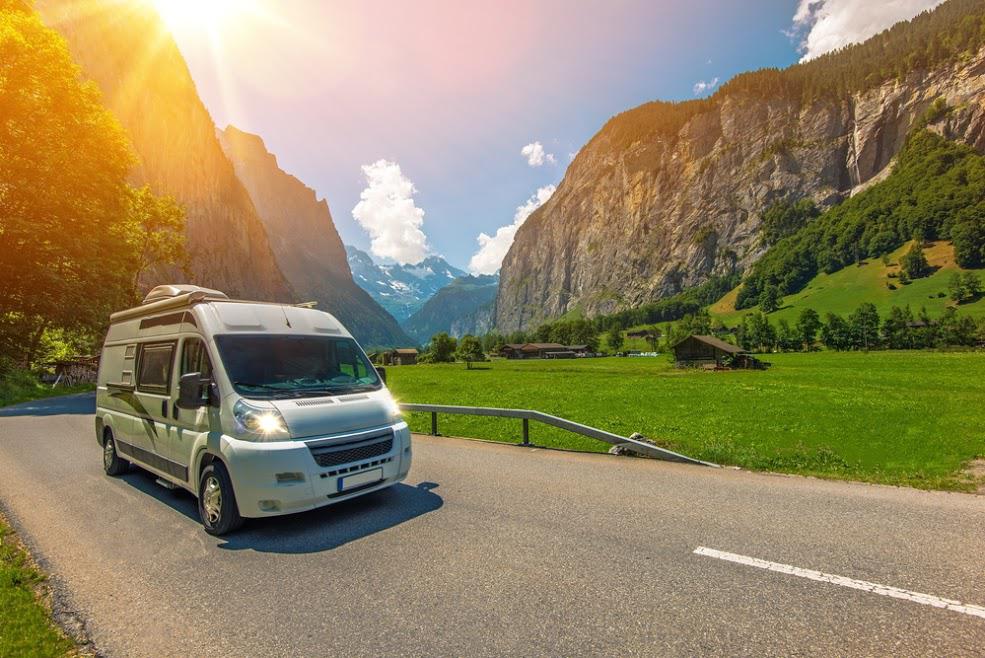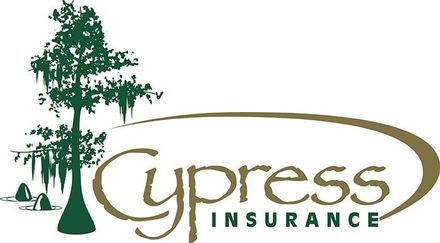What Your RV Insurer Wants To Know
- By Admin
- •
- 30 Nov, 2018
- •

Americans appreciate the freedom of RV ownership. A motorhome makes it easy to leave all your stress behind and explore the country at your own pace. RV travelers have privacy and comfort no matter where they wander, and insurance keeps those trips worry-free. Here is some of the information you need when you contact your insurer to start an RV policy.
Know the Class
Class C motorhomes can go on a traditional auto policy. These homes are built on a truck chassis, tow-behind campers, and fifth-wheel models. Pop-up campers also fall into this class. Of course, an auto policy may not cover the full cost of replacement if an accident takes place due to the amount of personal property inside the vehicle.
Class A and Class B motorhomes need to have a specialized RV policy. The motorhomes in this class have bus and van-style chassis and include more interior space and amenities than Class C versions.
Decide on Use
The insurer needs to know how often you plan to use the RV. Some people live in the vehicle full time all year, some live in it seasonally and others only take their motorhome out for the occasional long-weekend or an annual trip. The amount of time and mileage matters, because it determines if other coverage may be advisable.
For example, a couple that plans to live full time in their RV and wants to be on the road the entire time may need extra coverage for lodging and transportation. That protection helps if an accident happens far from home. Another addition could include coverage for a trip across the border. Many basic motorhome policies do not cover accidents that take place in Mexico.
A different full-time owner may want to drive to the vacation destination and park for the season. This person may need vacation liability — like a homeowner's liability policy — that covers injuries that occur outside the motorhome while at the RV park.
Remember the Extras
Extras include policy add-ons like a fire department service charge coverage that pays up to a certain amount if a fire company comes to the motorhome to aid with a fire. Pet insurance is another popular addition because many RV travelers take their pets along for the ride. Roadside coverage and towing also help many motorhome owners.
Don’t forget extra coverage to cover any features added to the motorhome during or after the purchase. Solar panels, custom cabinetry, and custom furnishings can substantially increase the cost and value of the vehicle.
Save on Rates
Not all insurers offer the same discounts, but rates will always be lower for safe drivers. New RV drivers can take an RV driving class to improve their skills before they begin. The safety lesson could reduce the risk of an accident and potentially lower the insurance rate. Some auto clubs also help members to find discounts. Higher deductibles also help to lower the premium prices.
A rarely used motorhome that spends half or more of its time in storage and rarely goes more than a few miles to a local RV park usually needs less coverage and have lower rates. It is important to mention this type of scenario when starting a new policy.
Drivers that own their motorhome outright can also opt to have only collision coverage. Of course, experts do not recommend this for vehicles with a lot of value or those that function as a full-time home.
At Cypress Insurance, we have the plans that Louisiana drivers need for all ages, sizes, and types of motorhomes. Call us to discuss your plans for the vehicle, your driving record, and the other details listed here, and we will find the coverage that meets your needs.

